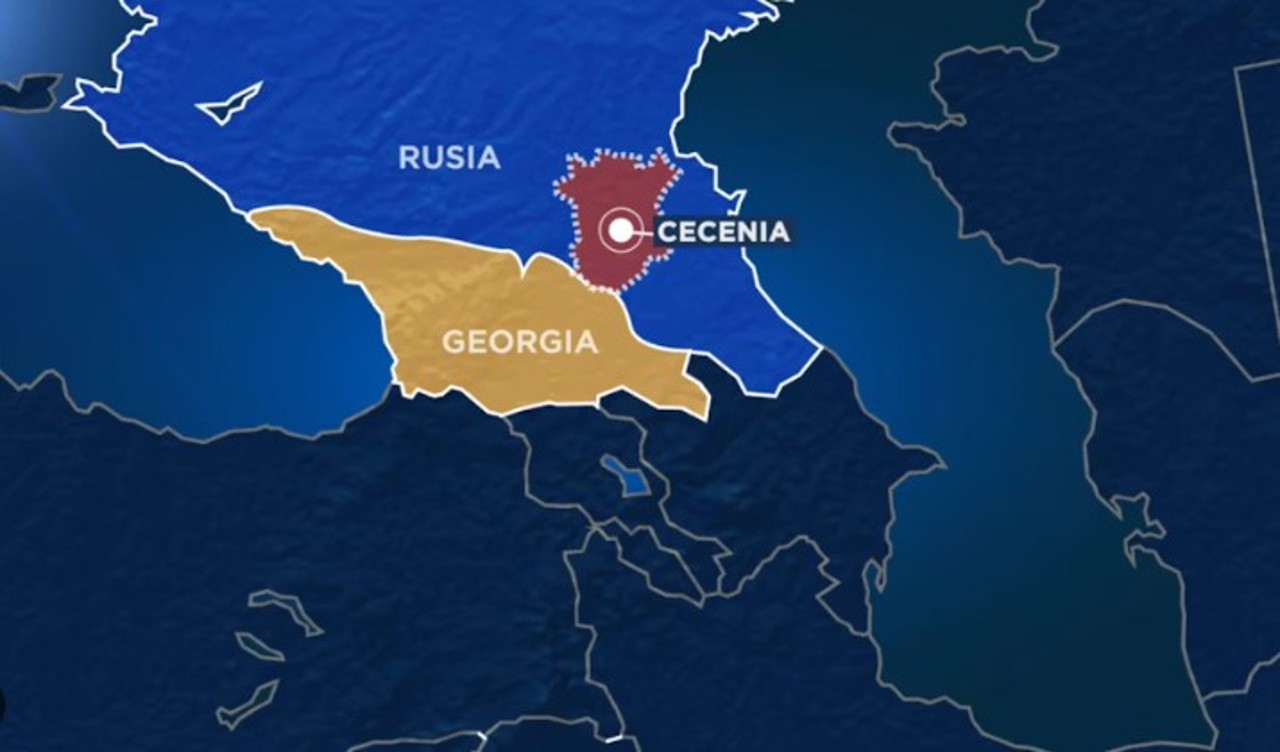Moldova struggles to fill teacher vacancies
The Ministry of Education and Research announced a shortage of 1,033 teachers at the start of the new school year.

According to district education departments, some students' behaviour is deterring young people from pursuing teaching careers. In some schools, maths teachers are also responsible for teaching Romanian.
Hîncești district faces a shortage of 98 teachers, the head of the district's Education Department, Valentina Tonu, told Radio Moldova. She added that some schools are relying on retired teachers to fill the gap.
The teaching profession is not attracting young people. In 2023, we had instances where maths teachers were teaching Romanian. Some students are disrespectful, and their parents often claim to know everything and make unreasonable demands of teachers.
Briceni district is also experiencing a shortage of approximately 30 teachers, according to Vitalie Știrbu, the head of the district's Education Department. Despite government incentives, young people are still reluctant to enter the teaching profession.
Approximately 20-30% of teachers are retirees. Many teachers in the Briceni district are pursuing additional qualifications. In some schools, Romanian language teachers are also teaching history and civic education. Five out of 20 teachers are retirees. The teaching profession is not attractive to young people, even though local governments in rural areas offer some of them free housing, coal, or financial assistance for utility bills.
The new school year will start with a deficit of 1,033 teachers, Education Minister Dan Perciun announced on Radio Moldova. The education system continues to face a severe shortage of teaching staff.
It is crucial to attract young specialists to our schools. There are fewer students choosing to become physics or maths teachers. Early childhood education is more popular, with young people aspiring to become kindergarten teachers and primary school teachers.
The teacher shortage has decreased from 2,041 in 2023 to 1,033 this year. The most significant shortages are in Chișinău, Bălți, the Gagauz Autonomous Territorial Unit, Ungheni, and Hîncești.
Translation by Iurie Tataru





